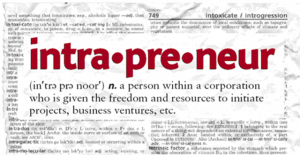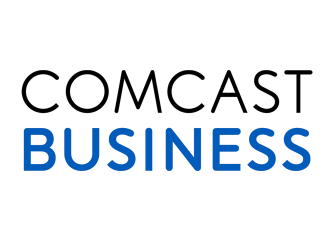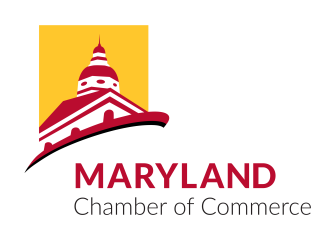
Entrepreneur. It is a word associated with independence, creativity, drive, and problem-solving. It conjures images of freedom and success. It is as linked to the American Dream in our psyches as apple pie and baseball. But when an individual does not have the time, resources, experience, or desire to start their own business, what becomes of these universally valued career characteristics? Are they destined to flame out, or can the entrepreneurial spirit within each employee be channeled toward the greater good of the company for which they work?
Investopedia defines intrepreneurship as behaving like an entrepreneur while working within a larger organization. Intrapreneurship is embracing one’s part of the greater company whole, and utilizing one’s creativity, trend-spotting skills, and drive to forward the business with innovation and fresh ideas. An intrapreneural employee takes responsibility for the vision and execution of their position, as well as uses their unique insight to chart new territory within their company. In the early 1970’s 3M employee Alan Fry was sitting in church when he became frustrated with a scrap paper bookmark he was using, as it kept falling out of his hymnal and forcing him to lose his place. His thoughts turned to a new adhesive that 3M had debuted. His imagination took off, and one of 3M’s most successful products, the Post-It Note, was born.
Today many large corporations recognize and encourage intrapreneurship within their ranks, often allowing their employees to spend 10 to 20 percent of their scheduled work time on innovative ideas that are unrelated to their normal jobs. Not only does this give employees a sense of belonging and ownership–something millennials in particular have expressed desire for in the workplace–but also feeds the company’s growth by sourcing new inventions and ideas from within. Internet giants Google and Facebook regularly host “hackathons” wherein computer programmers, graphic designers, interface designers, and project managers are given twenty-four hours and all the resources they need to collaborate on new projects. These special events give employees a chance to venture into territory outside their job description that they would otherwise not have the chance to explore. The Facebook “Like” button was a product of such an event.
With support from management, employees can feel comfortable stepping outside their daily job parameters and contribute to the functionality and success of the company in new ways. Allowing for failure, however, is crucial. A February 2015 Forbes Article entitled Fostering Intrapreneurship and Innovation quotes the founder of Founders Factory, Brooke Paul, in saying intrapreneurship, “is a long-term investment in developing a process, culture, and workforce that embraces change, doesn’t fear risk, and is constantly learning.” Without encouragement of innovation, companies can settle into apathy and become settled in old patterns that once brought them success. Former movie rental giant Blockbuster is a key example. Bogged by outdated methods and lack of vision, the company foundered in 2014, leaving behind only a few franchise stores and its online and DISH movie rental service, Blockbuster On Demand. Encouraging risks from employees, and taking the opportunity to embrace and learn–even from failure–can be a catalyst for growth of all parties involved, and may potentially thwart that dooming layer of dust from settling on companies.
Becoming an intrapreneur imparts a sense of belonging, responsibility, and worth on an employee. Modern workers are no longer satisfied punching a clock, putting in the time, and waiting for that big promotion. Employees are looking to make a difference: to be involved, to be noticed. Taking initiative within their job description and managing it as one would their own business–with all the risks, responsibilities, creativity, and passion–is the first step a worker can take in owning their future success. When employers recognize this drive and utilize it to bring new solutions to the workplace, everyone wins.
Christina Williams is the Marketing and P.R. director at Junior Achievement of the Eastern Shore (JAES), a 501(c)3 nonprofit dedicated to teaching age-appropriate financial literacy, workforce readiness, and entrepreneurship programs. Through enthusiastic volunteers and charitable donations from individuals and businesses, JAES continues its mission to making a difference in our future communities today. This year JAES has reached over 6,600 students across the shore. www.easternshoreja.org.




